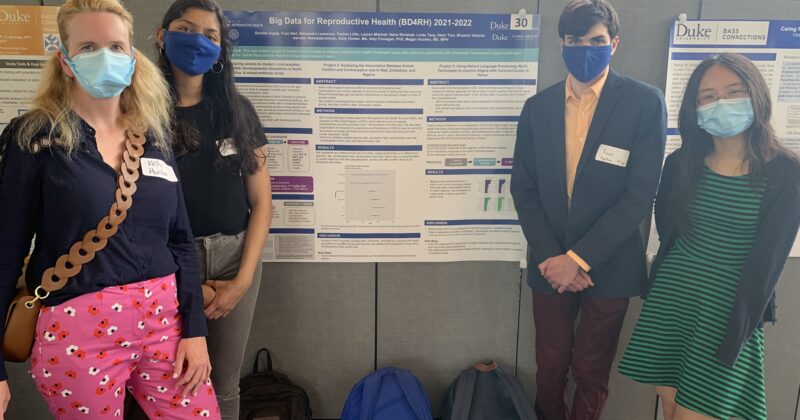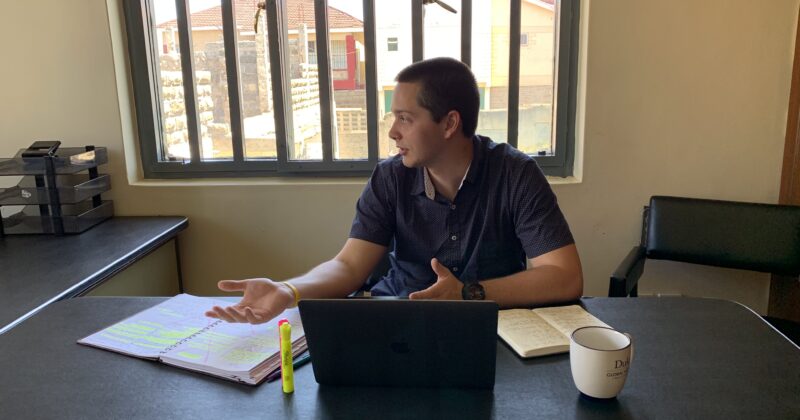
SRT Spring 2022 Reflection
This summer, 4 students will join the Center as part of the Student Research Training Program (SRT). Hear their thoughts heading into the program.
Bentley Choi
When I first applied to the SRT program, I merely expected to ‘conduct’ research abroad. In reality, I learned more important skills such as writing IRB amendments, scheduling a meeting with teammates, and communicating with a research team in Kisumu. My goal for this summer is to apply what I learned from Dr. Eric Green’s Global Health Research Methods class into a real-life setting, and I believe we are making our way to this goal since the team proposed a new way to evaluate the intervention! I look forward to conducting observational study and focus group discussions. Also, I am hoping to learn how to navigate myself in a new living environment and what are Kenya’s unique cultural factors that influence stigma and perception towards reproductive health since it is also related to my senior thesis...







